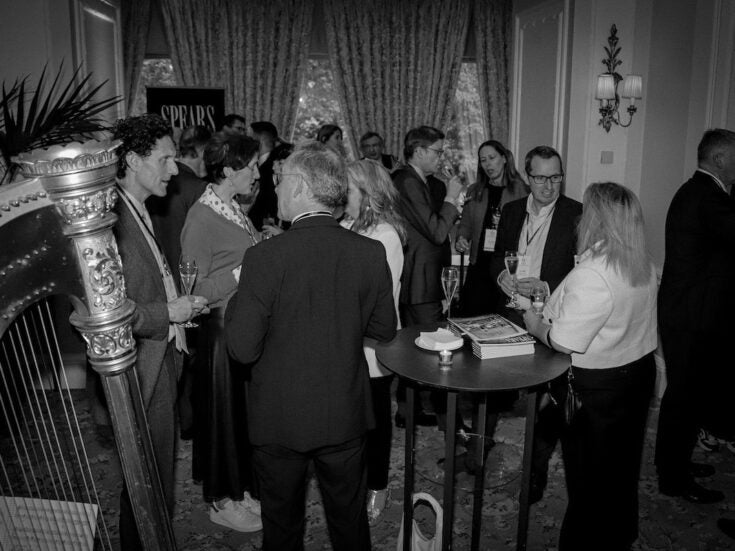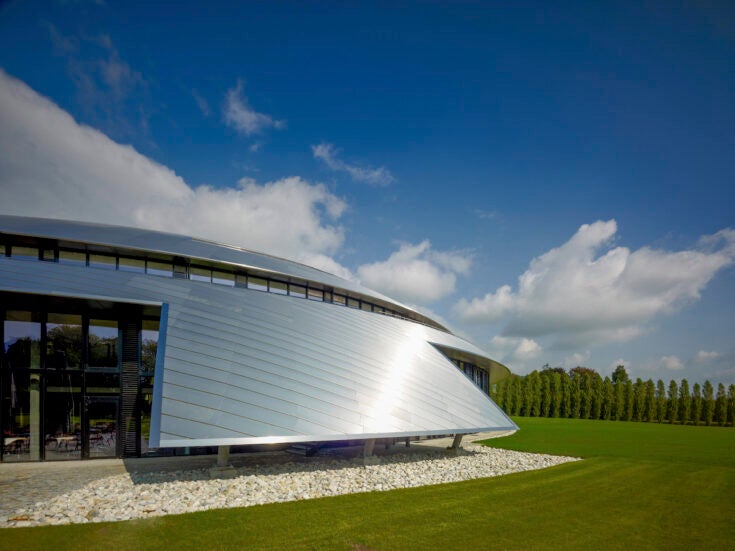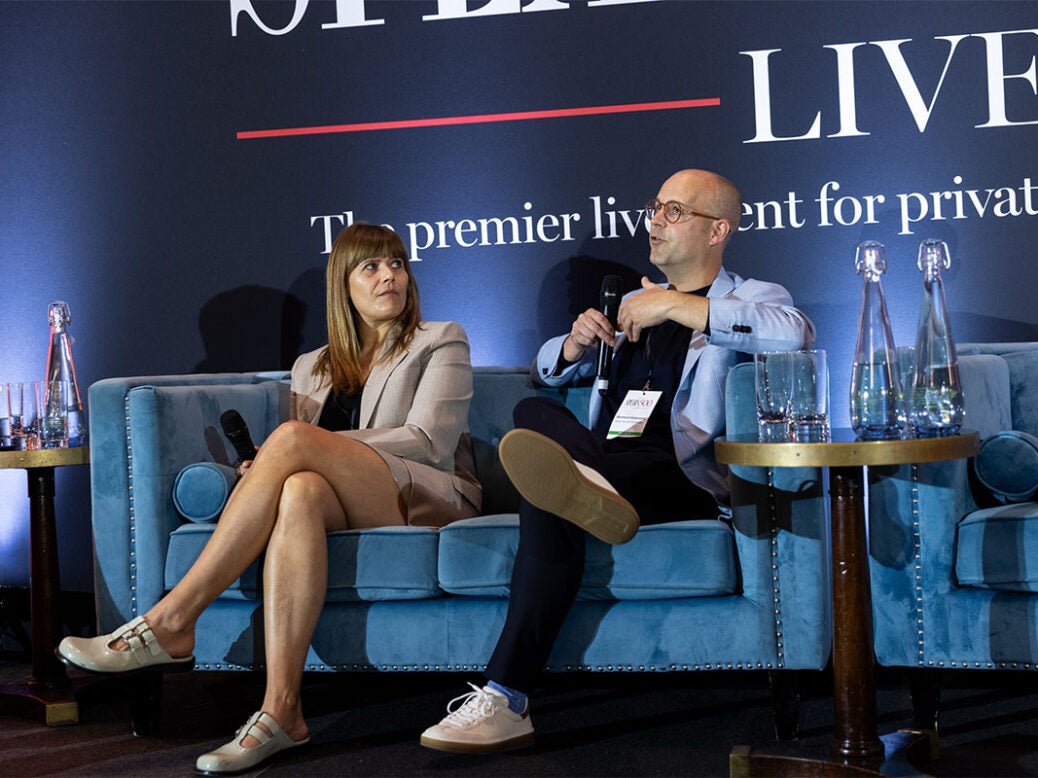
With the world rapidly changing, the next generation must possess new and different types of skills if they are to seize opportunities and shape the future.
So how can a novel approach to schooling – one that is individualised and forward-thinking – foster the entrepreneurs of tomorrow and address some of the problems that have polluted mainstream attitudes and approaches to education?
[See also: Lessons from Rosenberg, the most expensive school in the world]
Private client professionals from a range of fields gathered at Spear’s 500 Live 2024, held on 23 May at the Savoy, to hear about how schools need to evolve to prepare their students.
Husband and wife team Bernhard and Anita Gademann of the globally revered Institut auf dem Rosenberg shared their vision during the Artisans of Education: How to Foster the Entrepreneurs of Tomorrow session, presented in association with Institut auf dem Rosenberg.
‘We provide education for the future leaders – you cannot educate someone today on the principles of the 1900s or even the 2000s,’ said Bernhard Gademann, president of the school. ‘You need to constantly review the content you’re delivering, the way you deliver it, and you need to have an understanding of where the world is going.’
Putting children in the driving seat
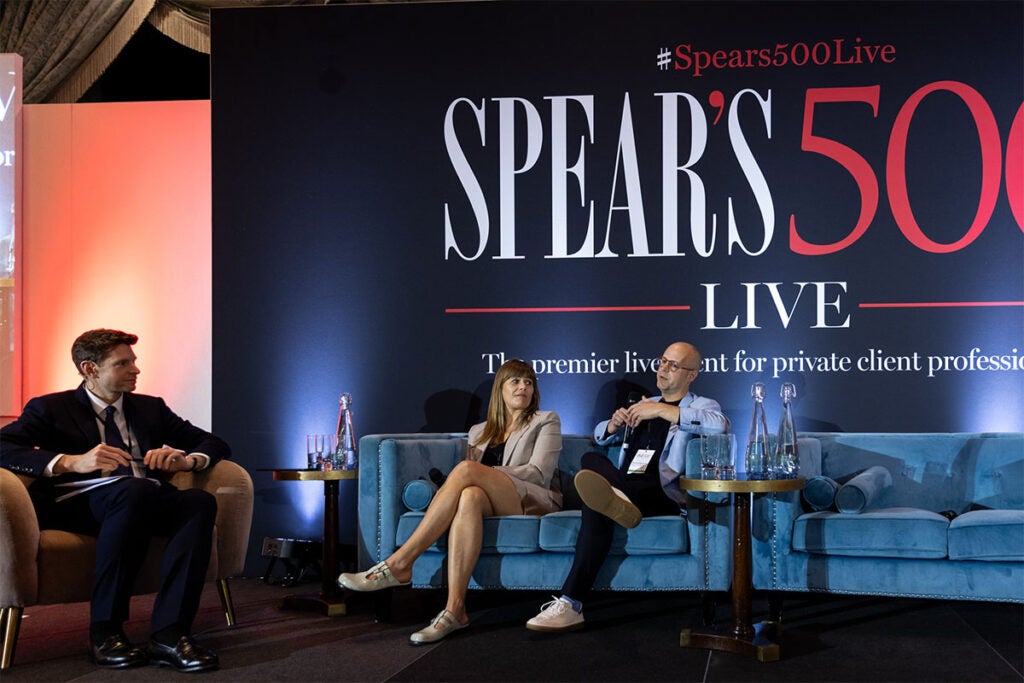
The Gademann family has run the school for four generations, with each generation bringing a new, contemporary outlook. Bernhard worked in finance and technology before taking the helm of the Institut, while Anita, director and head of innovation, worked in financial services and as a journalist.
‘It has given us a completely different perspective, which we were then able to bring back into what is a very traditional family company,’ Bernhard said.
Rosenberg’s curriculum is proprietary and highly personalised, challenging students – who come from all over the world – to push the boundaries of their knowledge and explore new horizons.
[See also: Introducing the Spear’s Schools Index 2024]
‘We look at students in a holistic way,’ Anita said. ‘Seeing what they are good at, what they enjoy, what they like and where they can add value to society around them. And we try to boost that with the courses they pick, the sports they pick and the co-curriculars they pick.’
Institut auf dem Rosenberg: ‘Artisans of education’
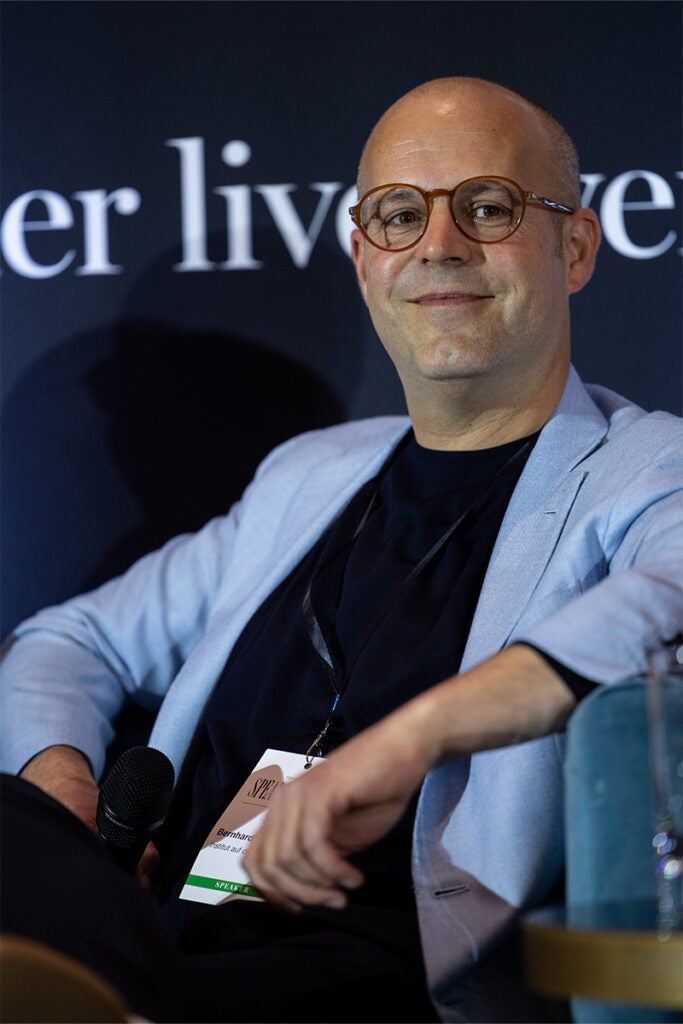
It’s led by the school’s ‘artisans of education’ – educators, yes, but not in the typical way one might picture a teacher. The artisans continuously develop the Rosenberg International Curriculum, and so are not limited to one academic subject.
Anita explained: ‘They have to be adaptable; they have to have an immense quantity of care and respect for the work. And they have to be very, very quick on their feet to change and adapt.’ At the same time, they prepare students for the exams – IB, A-Levels, GCSE and AP – that will allow them to take their next steps.
Bernhard and Anita have also established a tech company, Edu Smart Technologies, that develops operating systems for schools, with AI tools that create timetables for students. It also facilitates communication, which means that all stakeholders involved in a child’s education – students, teachers, boarding house tutors, the health team and even parents – have full visibility into a student’s progress.
The school places a strong emphasis on character development, with a philosophy grounded in the values of integrity, empathy and social responsibility.
‘What we try to create is a student who knows what they’re good at, and what they enjoy, but one of the most important parts is the value-add part. The easiest way to enjoy something, and to make it a success, is to share it. The moment you create value for yourself, and those around you, that’s when you thrive,’ Anita said.
‘The way we assess students, and the way we grade students is very brave. We obviously love that our students have amazing exam results, but really what we want them to do is produce. A key philosophy of our school is that students are producers, not consumers.’
Bernhard added that, despite the high levels of wealth of students’ families, Rosenberg doesn’t have a ‘show-off culture’, or one whereby students ‘live in a bubble without an understanding of what the real world looks like’.
‘We don’t celebrate anybody’s background. We make sure that what is celebrated is the student, with a strong culture of kindness and mutual respect.’
Looking beyond school
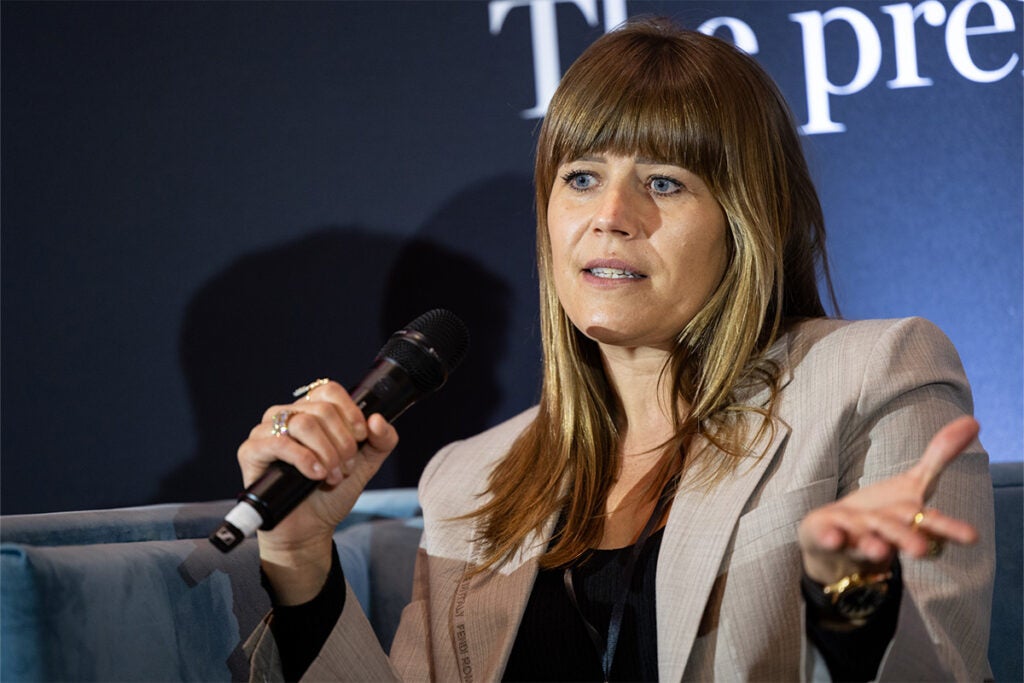
The school also has a focus on experiential learning. Students are exposed to lawyers, engineers, tech giants or coders so they can see what different industries are like beyond what they can read in a book.
Anita added that Rosenberg students succeed not because they spend more time in school or studying, or take more A-levels, it’s because of the way they learn: ‘It’s the fact that they can pick their subjects, they can be passionate about them, they can study the subjects at the time they are ready to study the subjects – they don’t have to wait.’
When students arrive at Rosenberg, Berhard acknowledged, there’s often an adjustment period: ‘Traditional schools have a tendency to kill creativity, to take away any type of inherent natural interest in subjects … and so it takes a while to bring back that natural interest and it takes a while to encourage them to speak up and share their thoughts.’
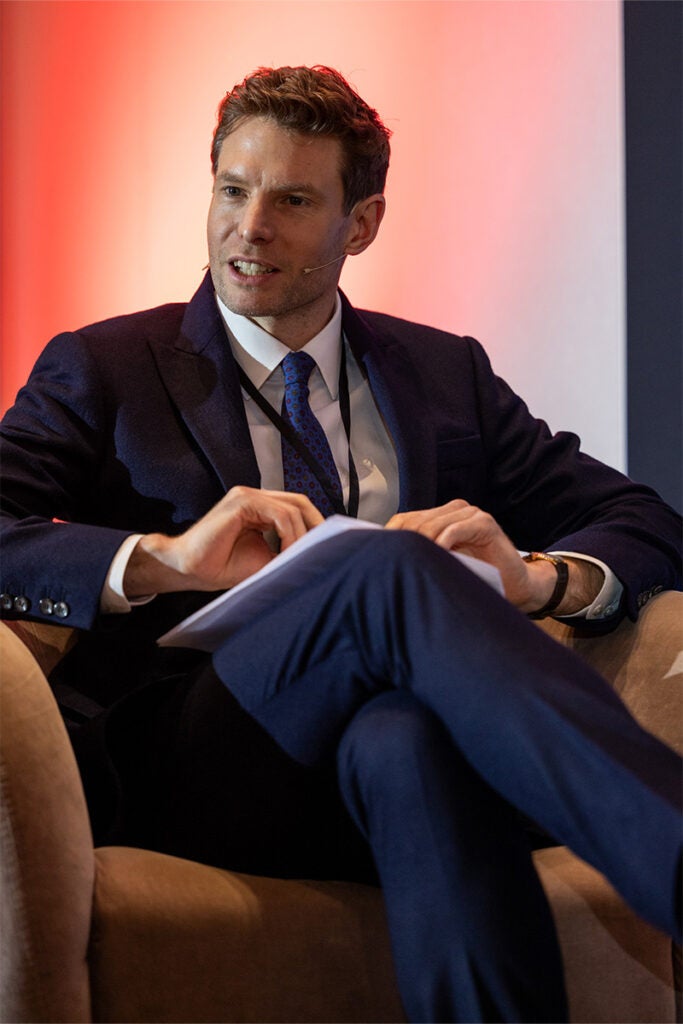
Of course, behind every child is a parent or guardian, and the parents that send their children to Rosenberg expect excellence, but they also want to give their children agency and the freedom to choose.
‘I would say 99 per cent [of parents] are entrepreneurs,’ Bernhard said. ‘They’re not first and foremost looking for a boarding school environment; they’re looking for an educational environment that meets their expectation of what learning should be about nowadays. So they’re motivated by, for example, having a school that nurtures entrepreneurial skills, and a school that gives their children the opportunity to work on projects that translate into real life.’
Part of this is a continued acceptance – and encouragement – of new technology, and Rosenberg hasn’t shied away from embracing the use of AI tools.
‘Educational institutions are not inherently brave,’ Bernhard said. ‘They’re defensive, which is now why there’s a big debate – a fear-based debate – around AI and its usage.’
In autumn 2023, Institut auf dem Rosenberg students in grades 8-12 engaged in a workshop to come up with a charter to govern the use of AI – not just in their school, but around the world. ‘It was beautiful to see their work presented’, Bernhard said. ‘It was a great example of a proactive, brave approach by our artisans, who allowed students to go away and produce their work.’
Spear’s 500 Live 2024 is presented in association with our partners, Multrees, Henley & Partners, Sotheby’s International Realty, Stewardship, CAF, The Kusnacht Practice, Invest Barbados, Institut auf dem Rosenberg and Justerini & Brooks.

